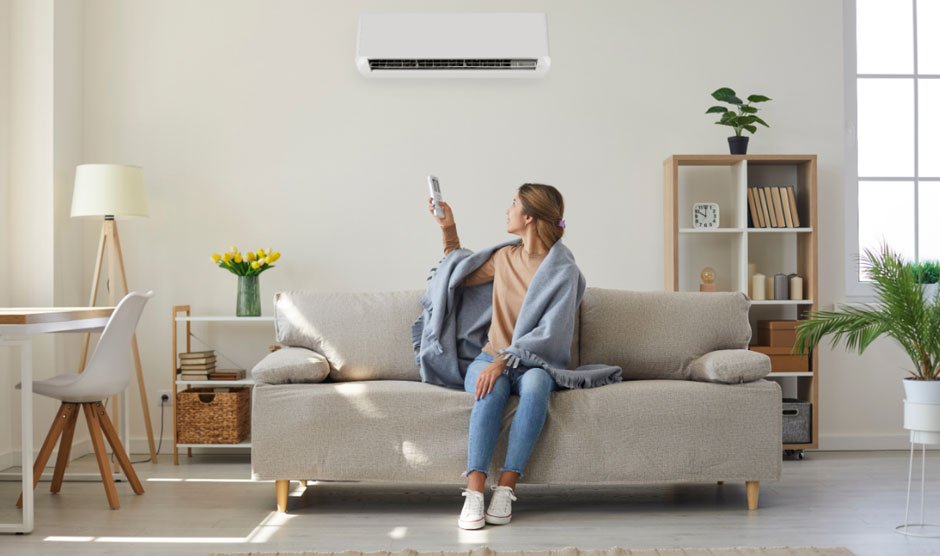Homeowner’s Guide to Managing HVAC Emergencies

When you’re cozied up at home during a freezing winter’s night or seeking refuge from a scorching summer afternoon, the last thing you want is your trusty HVAC system to act up. But don’t worry – emergency heating and cooling problems are more common than you might think, and there are a few easy steps you can follow to manage them like a pro. This post will walk you through some practical tips to help you keep your cool (or warmth) in the face of HVAC emergencies.
Know your emergency contacts
The first step in managing any HVAC emergency is to know whom to call when you’re in trouble. Ensure you have a list of emergency contacts for your heating and cooling system, including the manufacturer, local repair services, and warranty provider. These contacts should be easily accessible so you can reach out for help immediately. Keep this list in a prominent location, such as on your fridge or saved on your phone.
Turn off your system
In an emergency, it’s crucial to turn off your HVAC system as soon as possible. This will prevent further damage and save you money on repairs. Locate the main power switch for your unit and turn it off immediately. If you can’t find the switch, shut off the power supply at the circuit breaker.
Check for obvious issues
Once your system is turned off, you can safely check it for any obvious issues that may be causing the problem. Check the air filters and vents for any blockages or buildup of dirt and debris. If you spot any damage to your unit, such as a broken fan or condenser coil, avoid trying to fix it yourself and contact a professional for assistance.
Keep your family safe
While waiting for your HVAC emergency to be resolved, ensure you and your family are safe. If the weather is extreme, consider moving to a different location until the issue is fixed. You can also use portable fans or heaters to maintain a comfortable temperature.
Schedule regular maintenance
The best way to prevent HVAC emergencies is by scheduling regular maintenance for your system. This will help catch potential issues early on and keep your unit running smoothly. Make sure to follow the manufacturer’s recommendations for maintenance, such as changing air filters regularly and getting a professional inspection at least once a year.
As a homeowner, you should know how to handle HVAC emergencies. By knowing your emergency contacts, turning off your system, checking for issues, keeping your family safe, and scheduling regular maintenance, you can stay calm and collected in the face of any heating or cooling crisis. And remember, don’t hesitate to call for professional help if needed – it’s always better to be safe than sorry.



